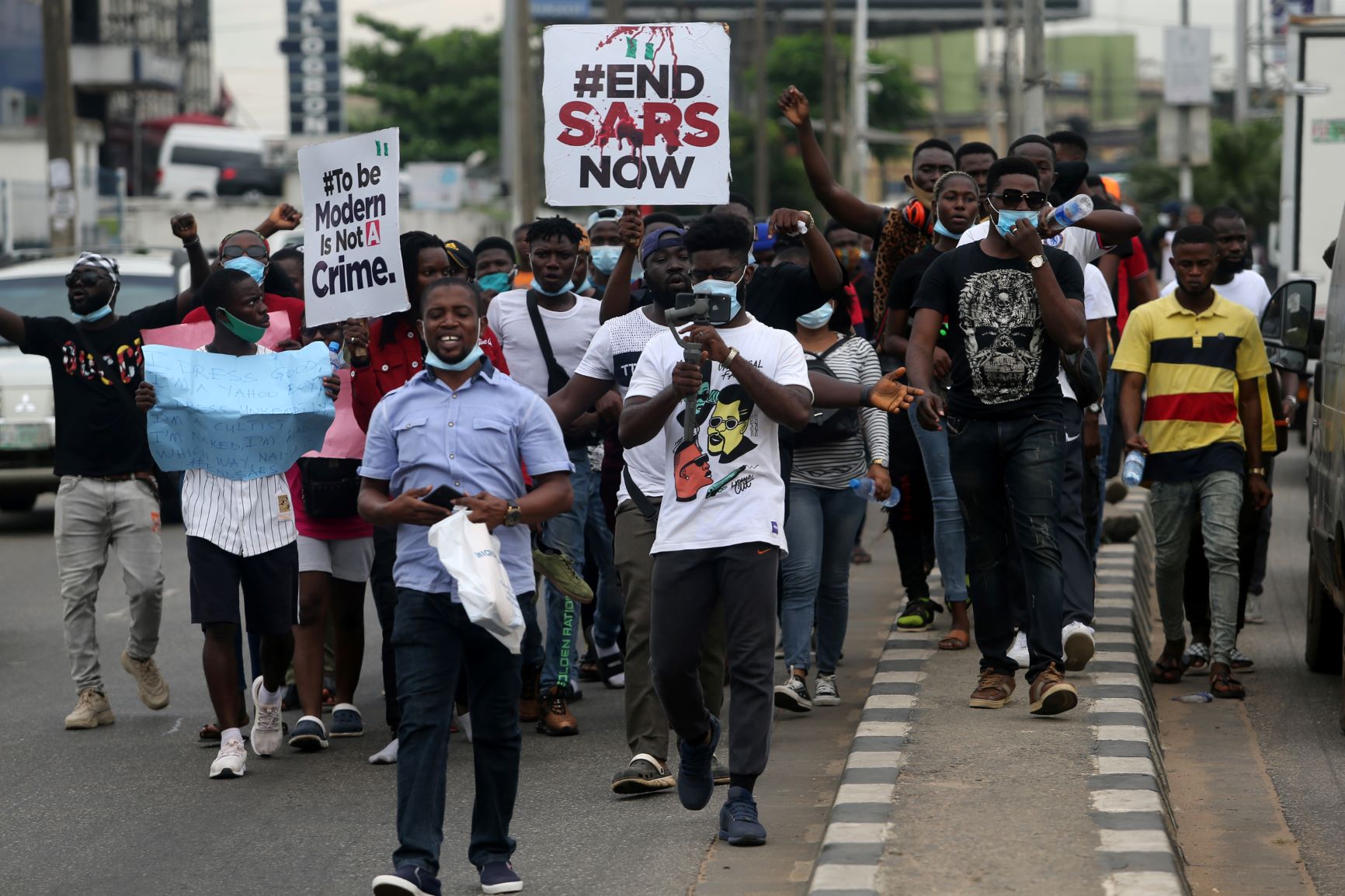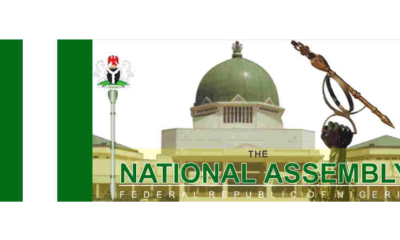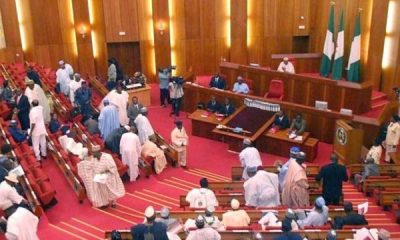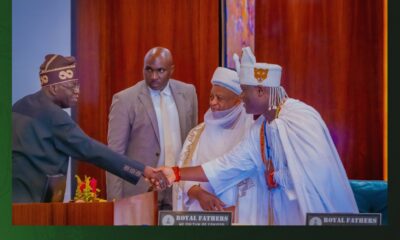Politics
What Every Young Nigerian Needs to Know About the Electoral Process

The electoral process is a critical aspect of democratic governance in Nigeria, and every young Nigerian needs to be aware of the process to participate in shaping the future of their country.
Understanding the electoral process can help young people make informed decisions about who they vote for and how they can get involved in politics. In this article, we will discuss what every young Nigerian needs to know about the electoral process.
The first thing young Nigerians need to know about the electoral process is voter registration. Voter registration is a process where eligible citizens are registered to vote in elections. To register to vote, a person must be a Nigerian citizen and be 18 years or older.
Voter registration is usually conducted by the Independent National Electoral Commission (INEC) at designated centers across the country. Young Nigerians who have not yet registered to vote should take advantage of the opportunity to do so and ensure they are eligible to participate in the electoral process.
Another crucial aspect of the electoral process is political party participation. Young Nigerians who want to get involved in politics can join political parties and participate in the party’s activities.
Political parties are essential in the electoral process as they field candidates for various elective positions. Political parties provide young Nigerians with an avenue to influence policies and decision-making processes that affect the country.
The next thing young Nigerians need to know about the electoral process is the nomination of candidates. Political parties nominate candidates who will represent them in various elective positions.
Young Nigerians who are interested in running for office can participate in the nomination process by seeking nomination from their respective political parties. It is essential for young people to be actively involved in the nomination process to ensure that their voices are heard and their interests represented.
The electoral process also involves campaigning. Campaigning is an essential aspect of the electoral process, as it allows candidates to share their vision, policies, and plans for the country with voters.
Young Nigerians can participate in campaigning by volunteering to work on campaigns for candidates they believe in or by running their campaigns. Campaigning is an excellent way for young Nigerians to become involved in the electoral process and make a difference in their communities.
The next thing young Nigerians need to know about the electoral process is voting. Voting is the most crucial aspect of the electoral process as it allows citizens to choose their leaders. Young Nigerians who have registered to vote should participate in the voting process to ensure that their voices are heard. Voting is a fundamental right that every Nigerian citizen should exercise to shape the future of their country.
Finally, young Nigerians need to know about the importance of peaceful elections. Elections can be contentious and divisive, but it is crucial that they are conducted peacefully. Young Nigerians have a critical role to play in ensuring that elections are peaceful by avoiding violence and promoting tolerance and respect for the electoral process.
The electoral process is a critical aspect of democratic governance in Nigeria, and every young Nigerian needs to be aware of the process to participate in shaping the future of their country.
Young Nigerians should understand voter registration, political party participation, nomination of candidates, campaigning, voting, and the importance of peaceful elections.
By understanding the electoral process, young Nigerians can become active participants in the democratic process and make a difference in their communities and the country at large.













